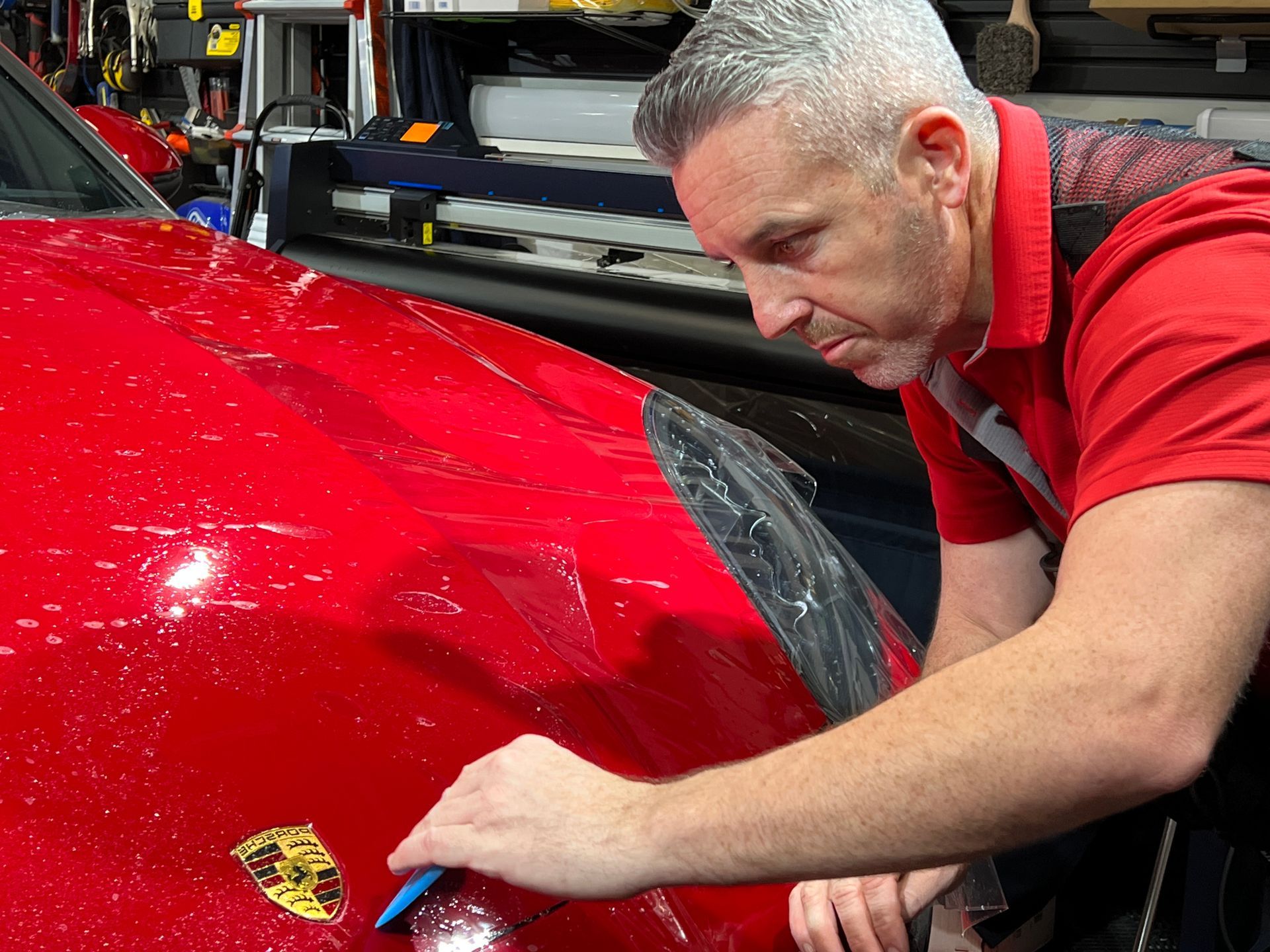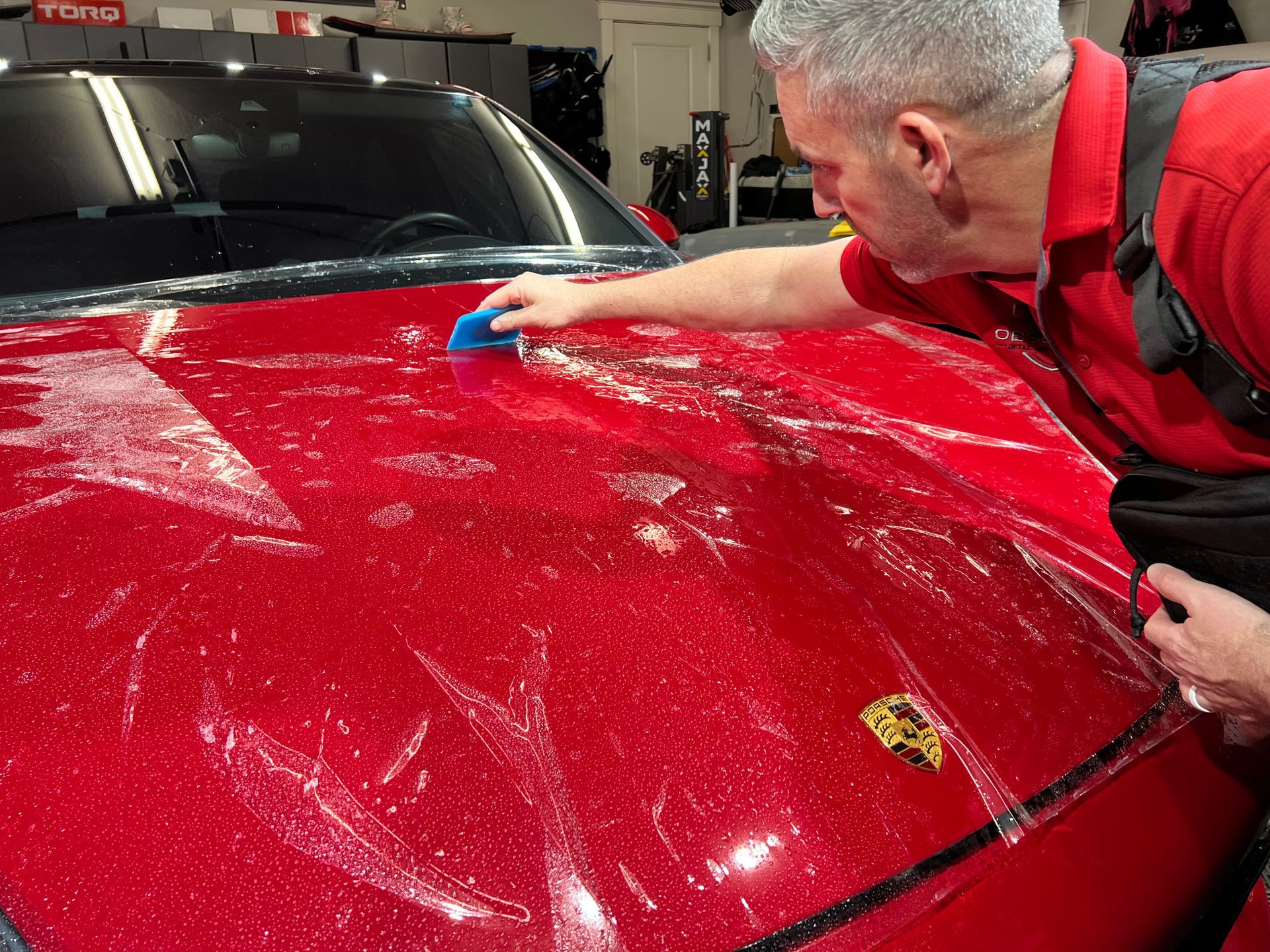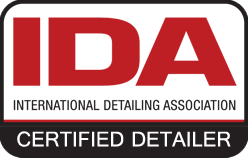How Long Does PPF Last? The Ultimate Guide to Paint Protection Film Durability
Imagine driving a car with an aesthetic sheen that endures, unhindered by abrasive elements or time—this is the promise of paint protection film (PPF). But as appealing as this notion is, questions about longevity hover in any prospective user's mind. Exactly how long does PPF last? To answer this poignant query, dive into our ultimate guide. This comprehensive manual unravels the intricacies of PPF's lifespan, discussing multiple factors influencing its durability, maintenance tips for longevity, and when to replace it. Buckle up, because we're about to embark on a deep exploration into the endurance of your vehicle's invisible armor!
Understanding PPF Durability
When it comes to protecting your car's paint job, paint protection film (PPF) is a popular choice among automotive enthusiasts. But what exactly does durability mean when it comes to PPF? Understanding the factors that contribute to PPF longevity is crucial to making an informed decision about this form of paint protection. PPF durability refers to how long the film can effectively guard your vehicle's paint against various elements, such as UV rays, road debris, and environmental contaminants. The goal of PPF is to act as a shield, providing a sacrificial layer that absorbs the impact and preserves the original paint underneath.
However, it's important to note that PPF is not invincible and will eventually wear down over time. The durability of PPF is influenced by several factors, including the quality of the film itself, surface preparation before installation, application technique, and exposure to environmental agents.

PPF Lifespan and Influencing Factors
The lifespan of PPF can vary depending on multiple factors. On average, PPF can have a lifespan ranging from 5 to 7 years. However, with proper care and maintenance, some high-quality films may even last up to 10 years or longer.
Let's dive into the key influencing factors that affect the lifespan of PPF:
- Surface Preparation: Before applying PPF, the surface must be meticulously cleaned and free from any contaminants or imperfections. Proper surface preparation ensures optimal adhesion, enhancing the longevity of the film.
- Application Technique: The skill and experience of the technician responsible for installing the PPF play a vital role in its durability. A carefully applied film without any bubbles, creases, or edges that can lift is essential for long-lasting protection.
- Environmental Exposure: PPF is designed to withstand environmental elements such as UV radiation, pollution, and minor scratches. However, prolonged exposure to harsh conditions can gradually degrade the film's properties over time. Factors like climate, frequency of use, and parking conditions can influence the rate at which PPF ages.
- Maintenance and Care: Regular maintenance and proper care can significantly extend the lifespan of PPF. Simple practices like regular washing with non-abrasive materials, avoiding harsh chemicals or cleaners, and using a paint protection spray or sealant can help preserve the film's integrity.
Protecting Your Car with PPF: Longevity and Installation Quality
When it comes to protecting your car's paint, paint protection film (PPF) is hailed as a reliable and durable solution. But just how long does PPF last, and what role does installation quality play in its longevity? Let's dive into the ultimate guide to PPF durability. PPF has an average lifespan of around 5 to 7 years, depending on factors such as driving conditions, wear and tear, and maintenance. However, it's important to note that the self-healing properties of PPF will gradually diminish over time. This means that while it continues to offer protection beyond its stated lifespan, the level of self-healing may decrease.
To ensure maximum longevity, it's crucial to prioritize high-quality PPF films and professional installation. Professional installation not only ensures proper application of the film but also eliminates the risk of damage to your vehicle during the process. Experienced technicians are skilled in handling complex curves, contours, and parts of your car's body, resulting in a seamless appearance without visible seams or imperfections. Proper surface preparation is key to achieving excellent installation quality. It involves thoroughly cleaning the car's surface and ensuring there are no contaminants that could affect adhesion.
Role of Professional Installation
Installing PPF requires meticulous attention to detail and expertise that only experienced professionals can provide. While DIY installation kits may seem tempting, they often fall short of achieving satisfactory results and compromise the long-term performance of the film. Professional installers are well-versed in the intricacies of working with PPF, ensuring a smooth and flawless application without any visible signs of seams, bubbles, or creases. Their expertise allows them to navigate challenging areas like curved surfaces, edges, and contours with ease, providing complete coverage and protection for your car's paint.
Moreover, professional installers understand the importance of proper surface preparation. They know how to clean and treat the surface before applying the film, removing any contaminants that could hinder adhesion. This step is crucial to maximizing the durability of PPF by ensuring it adheres securely to your car's paint. Investing in professional installation not only guarantees expert craftsmanship but also ensures that your investment in PPF is protected. Reputable shops with extensive experience prioritize delivering high-quality workmanship and stand behind their installations with warranties.

Pre- and Post-Application Care for PPF
To ensure the longevity and optimal performance of your paint protection film (PPF), it is crucial to take proper care of it both before and after application. By following these best practices, you can maximize the benefits of PPF and maintain its protective qualities. Before applying PPF, ensure that the surface of your vehicle is thoroughly cleaned. This process typically involves washing the car with a mild detergent or automotive soap to remove any dirt, debris, or wax. Additionally, it's essential to inspect the paintwork carefully for any imperfections like scratches or swirl marks. These should be addressed and corrected prior to PPF installation. Preparing a clean and smooth surface ensures better adhesion and long-lasting results.
When it comes to post-application care, gentle handling is key. Avoid washing your vehicle within the first few days after installation to allow the PPF adhesive to fully cure. Once this timeframe has passed, you can safely wash your car as usual. However, it is advisable to use a pH-neutral automotive shampoo and opt for hand-washing or touchless car washes rather than abrasive brushes or high-pressure washers that could potentially damage the film. In addition to regular washing, periodic maintenance can further enhance the lifespan of PPF. Protective sprays specifically designed for PPF can be applied periodically to rejuvenate its self-healing properties and maintain its glossy appearance.
Evaluating PPF's Long-Term Performance and Cost-Efficiency
When considering the longevity and cost-effectiveness of paint protection film (PPF), it's important to assess various factors that can impact its performance and value. Here are key aspects to consider:
- Quality of the Film: Not all PPFs are created equal, so be sure to choose a high-quality film from a reputable manufacturer. Look for features such as UV resistance, self-healing capabilities, and durability. Premium films often come with longer warranties, providing peace of mind for the long haul.
- Installation Quality: The expertise and skill of the installer play a critical role in the performance and longevity of PPF. Improper installation can lead to issues like visible seams, bubbles, or premature peeling. It is advisable to select certified professionals with experience in PPF installation to ensure quality workmanship.
- Driving Conditions: The environmental factors your car is regularly exposed to can affect the longevity of PPF. Harsh sunlight, extreme temperatures, road debris, and contaminants like bird droppings or tree sap can degrade the film over time. If your vehicle is frequently subject to such conditions, consider selecting a high-quality film that offers advanced protection against these elements.
- Maintenance and Care: As mentioned earlier, proper care and maintenance of PPF can greatly impact its longevity. Regular washing using recommended techniques and products, periodic rejuvenation with protective sprays, and avoiding abrasive cleaning methods will help preserve the film's performance.
By considering these factors collectively, you can evaluate the long-term performance and cost-efficiency of PPF. The initial investment in high-quality film and professional installation may seem higher, but it can pay dividends over time by providing superior protection for your vehicle's paintwork.
Quality Paint Protection Film Service in South Jordan, UT
Protect your car's paint and preserve its shine with Obsessed Detail and Restoration's top-quality paint protection film service in South Jordan, UT. Our expert technicians use premium film and precise application techniques to shield your vehicle from scratches, road debris, and harmful UV rays. Experience peace of mind knowing your prized possession is safeguarded against the elements. Don't compromise on protection; trust Obsessed Detail and Restoration for professional-grade results that stand the test of time. Schedule your appointment today and drive with confidence, knowing your car's paint is in the best hands.



